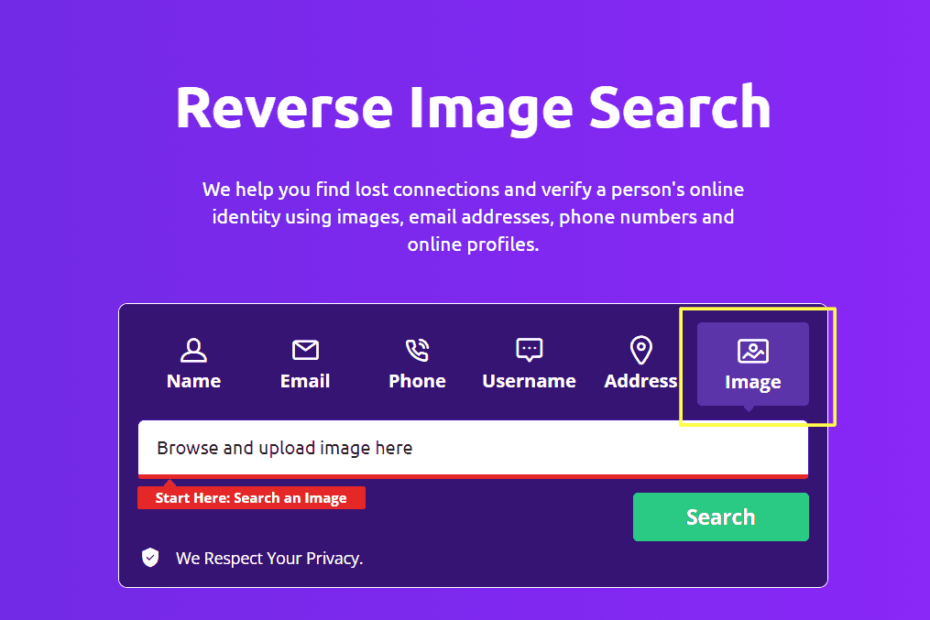Lacy Kim OnlyFans: Facts, AI, And Digital Content - Explained
Is the digital world truly what it seems, or are we navigating a landscape increasingly populated by illusions? The proliferation of AI-generated content, particularly within the realm of adult entertainment, is reshaping our perceptions of reality and raising critical questions about authenticity, consent, and the very nature of identity online.
The online sphere, once a frontier of uncharted possibility, is now a complex tapestry woven with threads of genuine interaction and manufactured realities. Consider the case of "Lacy Kim," a figure who, according to available information, does not exist in the tangible world but thrives in the digital ecosystem. This hypothetical individual, presented as a purveyor of adult content on platforms like OnlyFans, highlights a growing trend: the creation of artificial personas designed to capitalize on user engagement and, ultimately, generate revenue. The story of "Lacy Kim" serves as a microcosm of a larger, more profound shift, prompting us to question the veracity of the content we consume and the ethical implications of its creation.
The emergence of AI-generated content creators, such as the fictional "Lacy Kim," underscores a pivotal moment in the evolution of digital media. Artificial intelligence is now capable of producing sophisticated images, videos, and even interactive experiences that are virtually indistinguishable from those created by human artists and performers. While this technology offers exciting possibilities for innovation and creativity, it also presents significant challenges. Among them are the potential for deceptive practices, the erosion of trust, and the ethical considerations surrounding the use of artificial personas.
The implications extend beyond mere entertainment. The technology behind "Lacy Kim" can be applied to various fields. Medical training utilizes AI-generated patient simulations, education utilizes AI-powered virtual tutors, and marketing departments use AI to personalize content. As AI evolves, it's vital to stay informed.
The question of authenticity is further muddied by the complex dynamics of consent and privacy. In the case of AI-generated content, where no real person is involved, the traditional notions of consent become irrelevant. However, the potential for such content to be used in ways that mimic or exploit real individuals remains a significant concern. This includes the possibility of creating deepfakes realistic but fabricated videos that could be used to defame, harass, or impersonate others. The ethical considerations surrounding the creation and dissemination of AI-generated content are far-reaching, impacting everything from personal privacy to the integrity of our social fabric.
Consider the broader context of online content creation. OnlyFans, launched in November 2016, is a platform that has revolutionized the way creators share content with their audience. Offering a space for influencers and celebrities to create private content, OnlyFans is based on a subscription model. Fans pay a fee to access content, ranging from free to a set subscription rate. The site facilitates direct engagement, encouraging a deeper, more personal connection between creators and their audience. However, this direct access, combined with the increasing complexity of AI-generated content, has created a volatile environment.
The case of "Lacy Kim" specifically highlights the darker aspects of the digital landscape. The available information suggests that "Lacy Kim" is not a real person, but rather an AI-generated creation. The images and videos attributed to "Lacy Kim" are, in fact, completely artificial. Multiple Instagram accounts, and a presence on OnlyFans, are used to promote this digital persona. However, this is a carefully constructed facade. This underscores the challenges of verifying content online, and the need for greater awareness among consumers.
The question of ethics and privacy is particularly relevant in the case of AI-generated content. There is no human involved, which could raise questions about consent and the use of AI for harmful purposes, like generating deepfakes. This situation requires a careful examination of the potential impacts of such technology.
The shift toward AI-generated content also touches on the business side of online content. The economics of content creation are evolving rapidly, with platforms and creators constantly seeking new ways to attract audiences and increase revenue. The rise of AI-generated content presents a novel, potentially disruptive force in this landscape. AI-generated content creators have the ability to produce large quantities of content at a low cost. This could alter the dynamics of the market. The ability to create content without the need for human performers has implications for the creators, the platforms, and the users.
The issue is not just about AI; it's also about the ethics of the content that is created, and shared online. The lines between authenticity and fabrication are becoming increasingly blurred. As such, the need for informed consumers who are aware of the risks is more crucial than ever. The need for transparency is key to establishing and preserving trust. Creators need to be open about the origins of their content, especially if it is AI-generated. Ethical guidelines must also be established. Platforms must be equipped to handle the rise of AI-generated content. This would help to ensure that these technologies benefit society and do not cause harm.
For some, the promise of AI content creation offers exciting possibilities. The AI-generated "Lacy Kim" is a case study in how dedication, creativity, and strategic thinking can lead to success in the digital content creation world. However, the ethics, potential for misuse, and questions about consent are critical to consider.
The ability to quickly produce a high volume of content, combined with low production costs, potentially offers exciting new opportunities for creators and platforms. For those who prefer solo content, AI could also mean more content for fans. This is possible because AI creators arent limited by schedules or physical limitations. AI has the potential to reshape this sector.
The risks of AI content cannot be overlooked. One such risk is the potential spread of misinformation. AI is a tool that can be used to spread misinformation. Deepfakes are also a concern. These could be used to defame others or impersonate individuals. The question of whether AI can truly replicate human creativity and emotion is also a valid one, given the importance of the human experience to the artistic process.
The evolution of content creation necessitates an informed approach. Consumers need to be aware of the potential risks and be equipped to distinguish between real and generated content. By fostering informed users, ethical standards, and responsible technology development, the digital content space can evolve. It is crucial to strike a balance between innovation and ethical considerations.
The future of digital content, shaped by AI, offers both immense opportunities and daunting challenges. As AI technology continues to evolve, it will be critical to develop clear ethical standards, promote media literacy, and foster an open dialogue about the implications of this transformative technology. The goal is to ensure that the digital world remains a place of creation, connection, and transparency, where authenticity, consent, and individual privacy are valued above all else.


